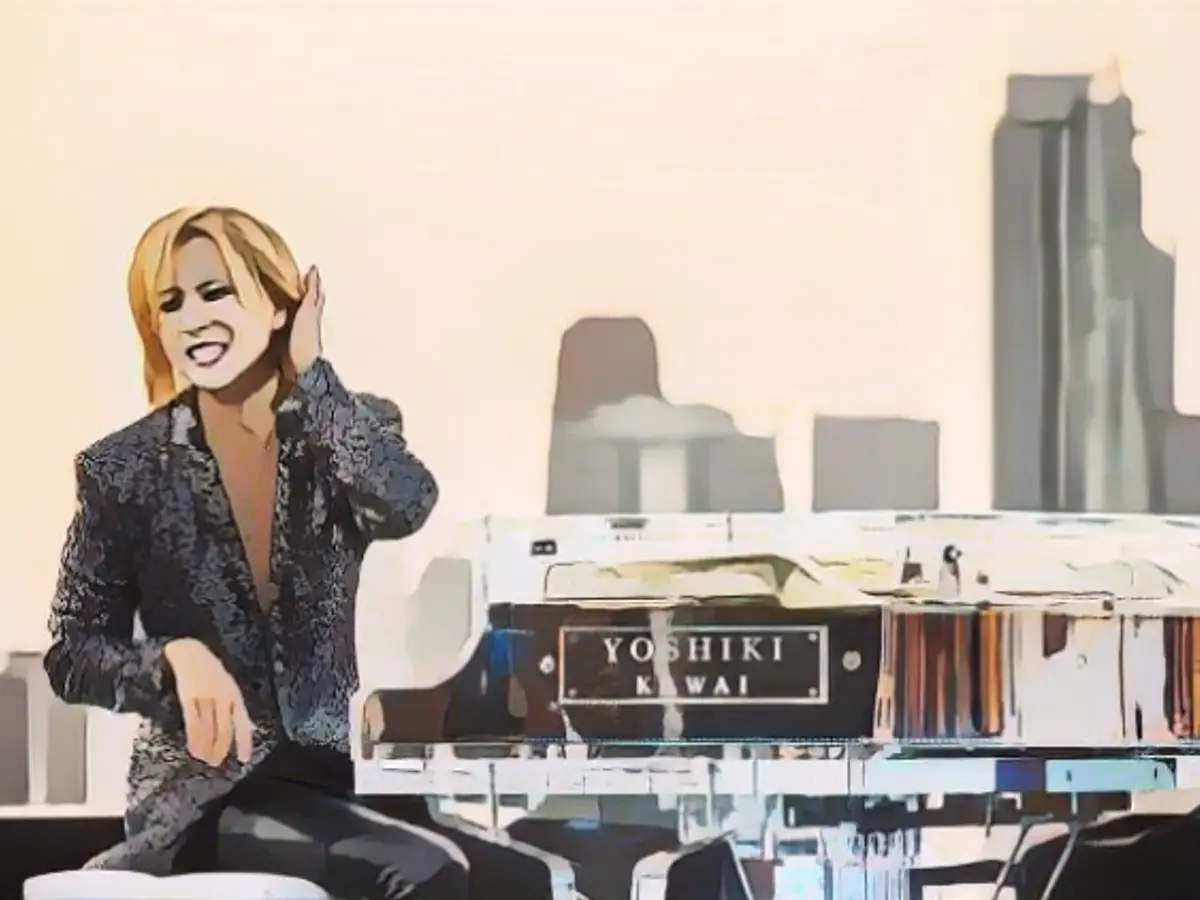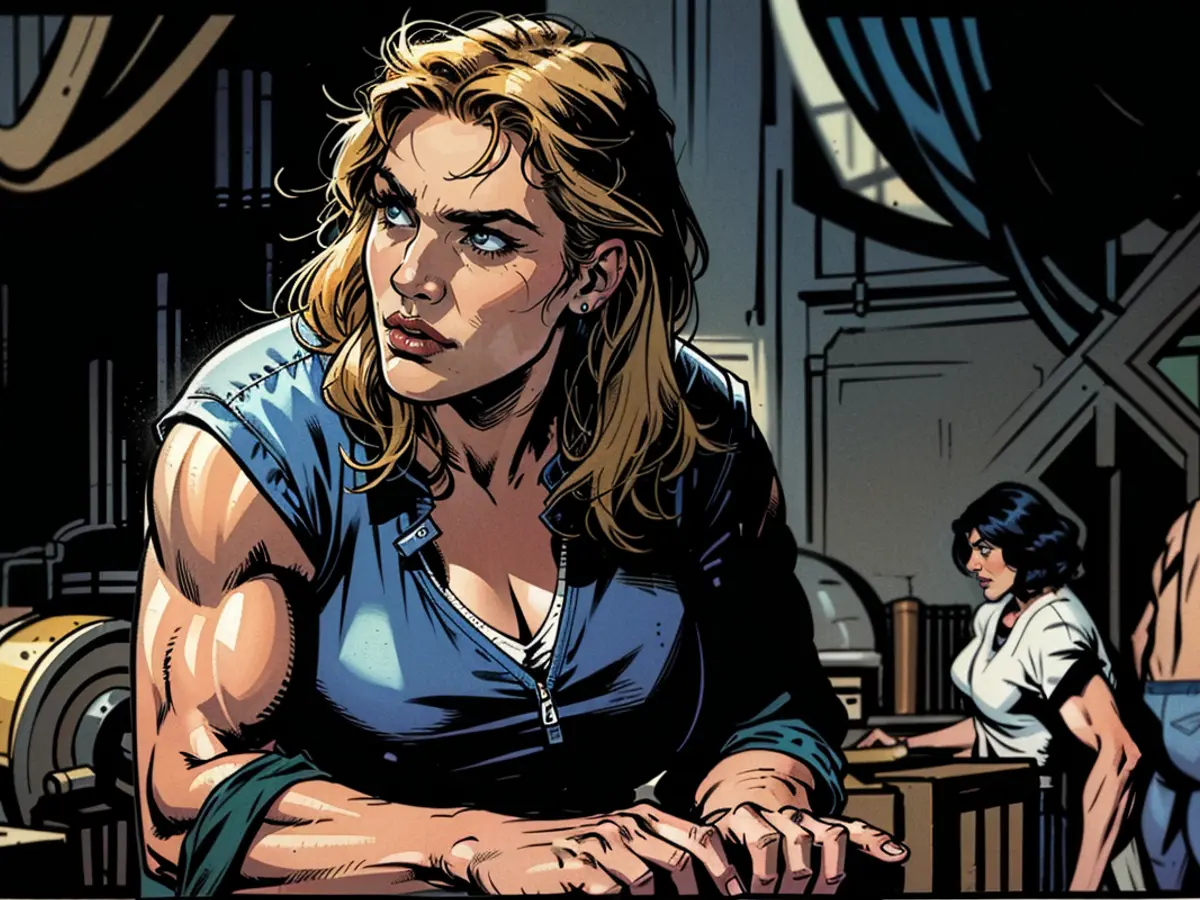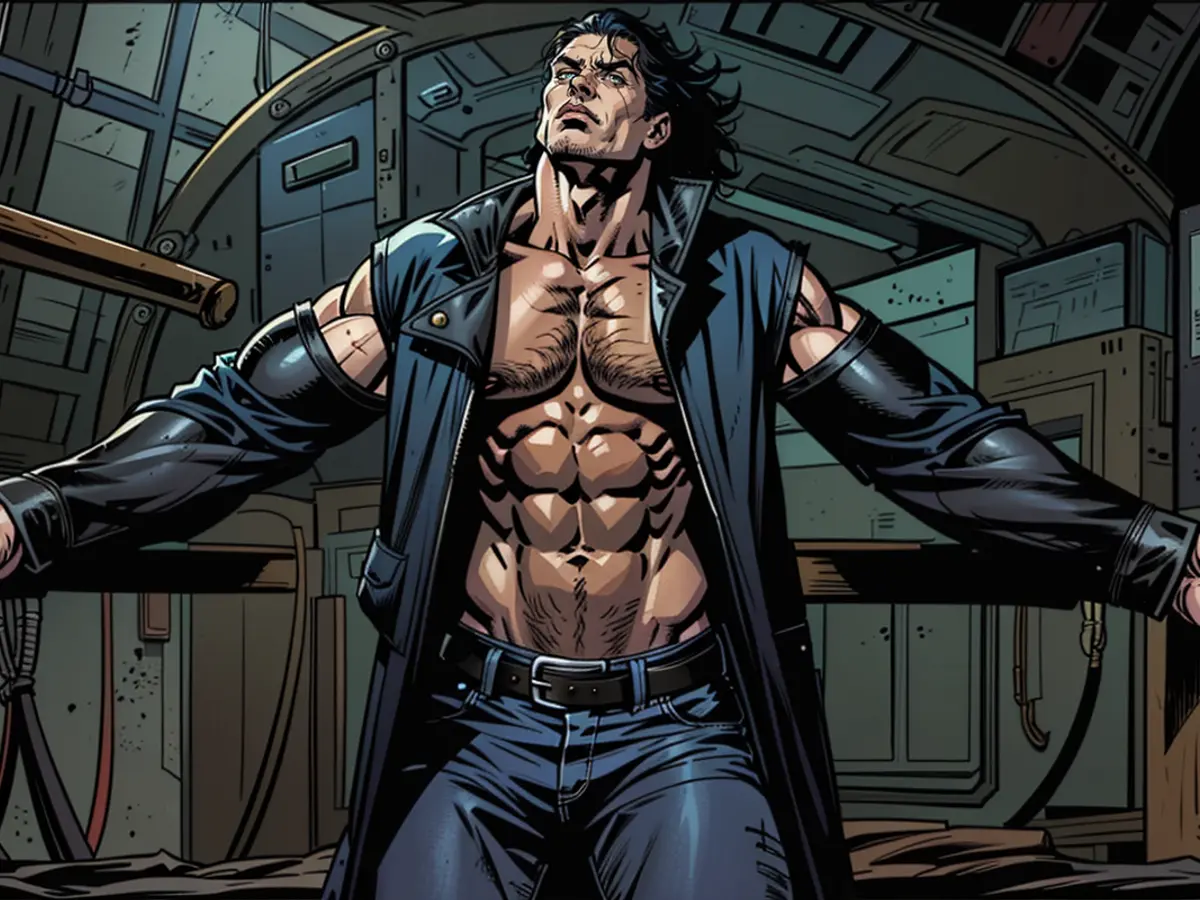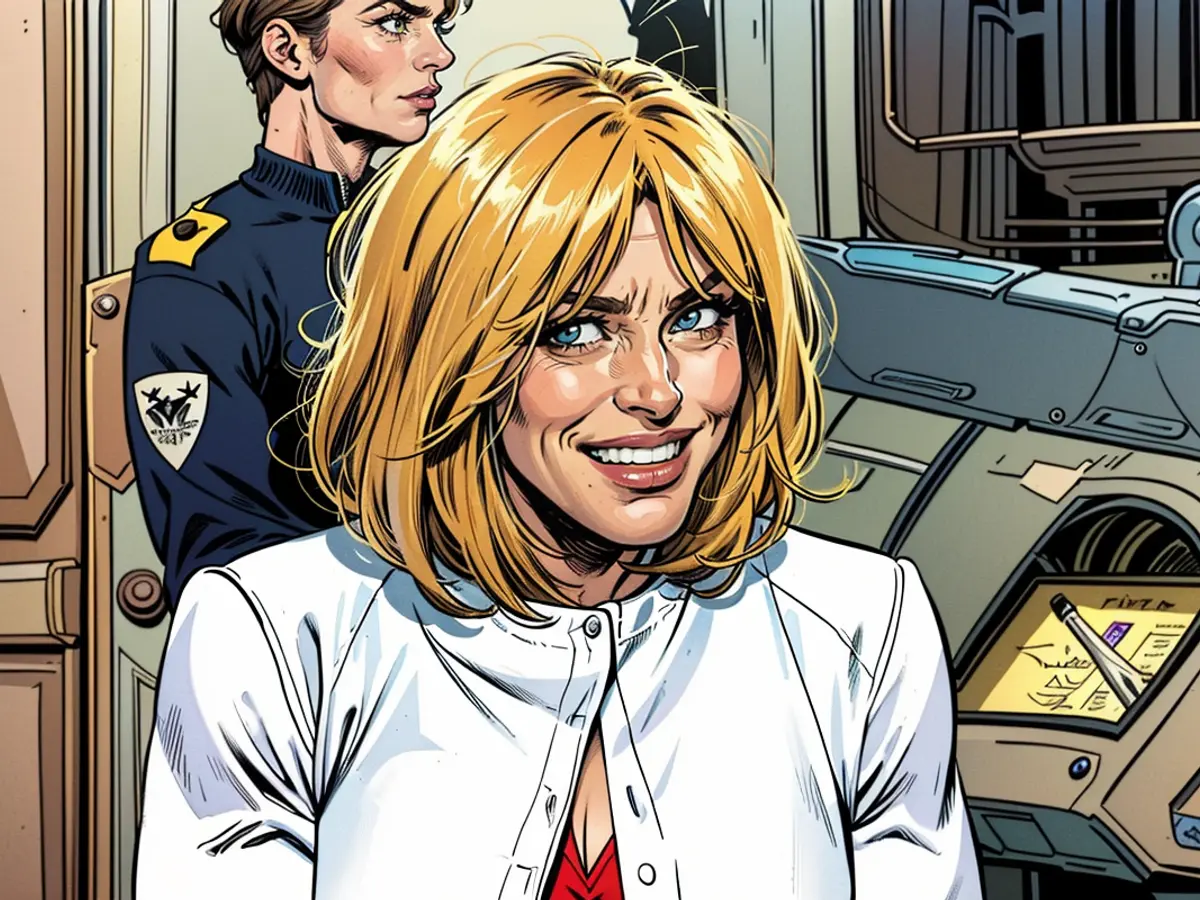"The Scorpions are very flexible"
Yoshiki is considered one of Japan's most successful artists. With his rock band X Japan, in which he plays drums, the 57-year-old has sold more than 30 million records and has played several sold-out shows in front of 50,000 fans in the Tokyo Dome. He is also part of the Japanese supergroup The Last Rockstars.
But Yoshiki is also a classically trained composer and pianist, and as such he has now gathered a number of stars around him with whom he recorded the concert film "Under The Sky" during the pandemic. They include Nicole Scherzinger, Lindsey Stirling, St. Vincent, The Chainsmokers and the Scorpions.
Yoshiki directed the music documentary himself and is now even on the Oscar shortlist, having already immortalized himself on the Hollywood Walk of Fame with hands, feet and drumsticks in September. The musician spoke to ntv.de about sources of inspiration, dark phases and bright moments in his life and career.
ntv.de: Your film "Under The Sky" was made during the pandemic. You made the best of the situation, so to speak. But do you still remember your first thoughts and feelings when the situation became known?
Yoshiki: I was like many artists at the time, my schedule was full and then suddenly this happened. It was all over at that moment. But I didn't feel any particular fear. I was more concerned about my fans. What can I do to support them after they have supported me for so long?
So the movie was for them and not for yourself, to keep you busy in times of forced inactivity?
Exactly. I made it for them. The situation wasn't so bad for me, I like being alone. It was completely okay for me. And I'd always been very self-destructive before that, to the point of being suicidal. So the pandemic didn't have any additional negative impact on me. The whole thing upset me more because it upset my fans. So I made the movie because I thought it was something I could do for them.
Did it make planning easier that the other artists had nothing to do at the time? How did you get together?
I was already working with some of them before the pandemic, others I wanted to work with. And that's how I came up with the idea of the joint performances. Some also approached me through my management because they had heard about the project.
Among others, the Scorpions are the only act from Germany. What connects you to the band?
We have a mutual friend or producer, and I've always wanted to do something with them. Tear down a wall. With "Wind Of Change", which is a kind of theme song for the fall of the Berlin Wall. When I found out that we had this mutual friend called Bruce, I asked him to talk to them. And they were actually interested. I loved it and I still think, "Wow, it really happened!" They let me arrange this string version, which is just incredible. You're just very flexible when it comes to trying things like that.
You don't just make classical music, you're also the drummer in the rock band X Japan. To outsiders, it seems like worlds apart. How is it for you?
It's not quite the same, but it's not totally different either. Whatever I do, whether it's music or art, it all comes together organically.
Now you've also directed "Under The Sky". Are there also things you would like to try out but haven't dared to do yet?
No. I make the kind of art that can help other people. I'm not worried about something not working out.
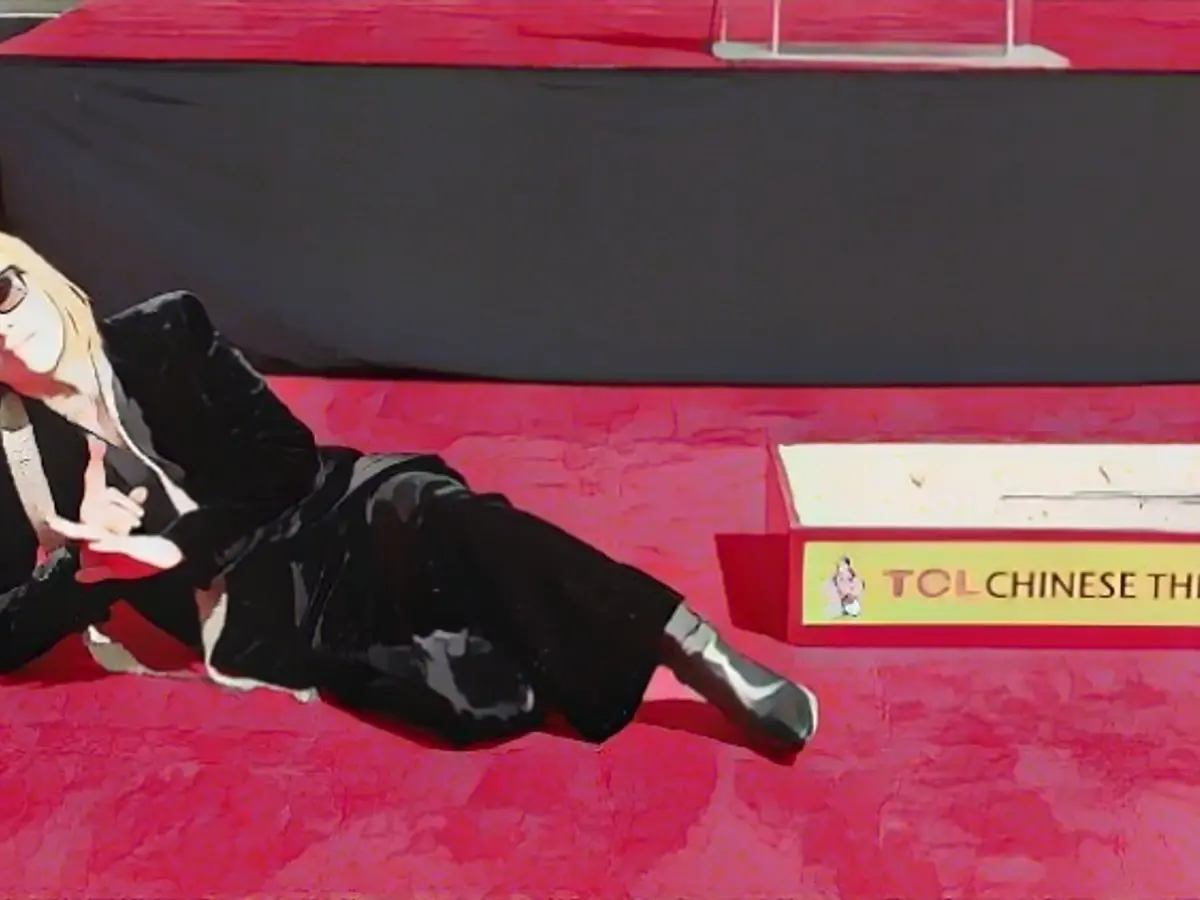
Is there a moment in your career that is still something special and an inspiration for you today?
There is one. I used to be very rebellious when we formed our band X Japan. We made extremely hard music, but we looked very feminine. Androgynous, inspired by artists like David Bowie. We turned all the critics in Japan against us. They consistently criticized us and wondered why we were making heavy metal if we looked like that. Every move we made was criticized at the time. But our fan base started to grow. In the end, we were one of the first Japanese rock bands to play in front of 50,000 people. We felt we had proved to everyone that nothing was impossible and nothing we did was wrong.
In September, you were even immortalized on the Hollywood Walk of Fame in front of the TCL Chinese Theatre ... as the first Japanese artist.
That's right, it was very emotional because my mother unfortunately didn't live to see it. She passed away last year. In my speech I said: "I would like to dedicate this moment in my life to my beloved mother, who always believed in me. She was the very first person to see my hands and feet. And now she can see them from the sky as she looks down on Hollywood here." It was also a very inspiring moment.
You even live in Los Angeles. Why there of all places? Because of the weather?
Other people say about me that I don't normally see the sunlight, as vampiric as I am. I go to bed when the sun comes up. I just like the night. The real reason is that a long time ago I happened to come across a recording studio in Los Angeles that I bought. It was after the success of our X-Japan album, four out of five band members went to L.A. to record in different studios and I just didn't think it was efficient. So I bought a studio. After the recordings, everyone went back to Japan, including me at first. And then I thought I might as well just move to Los Angeles. I've been there ever since.
And what do you associate with Germany? What do you think of your audience here?
The people here are friendly and very intelligent. I love the people in Germany because they are smart and detail-oriented. I've played here several times with my rock band, but I've also given classical concerts. And I love classical music, I'm very influenced by Beethoven and so on. I feel very connected to this country.
"Under The Sky" is showing in selected cinemas and will be available on Amazon Prime in 2024.
Read also:
- The movie releases of the week
- Samuel L. Jackson turns 75
- The movie releases of the week
- The movie releases of the week
In the concert film "Under The Sky", Yoshiki collaborated with various artists, including the Scorpions, who are known for their rock music.
The Scorpions contributed to the film with a string version of their famous song "Wind Of Change", a symbol of unity and change, which resonates with Yoshiki's spirit of breaking down barriers.
Source: www.ntv.de
